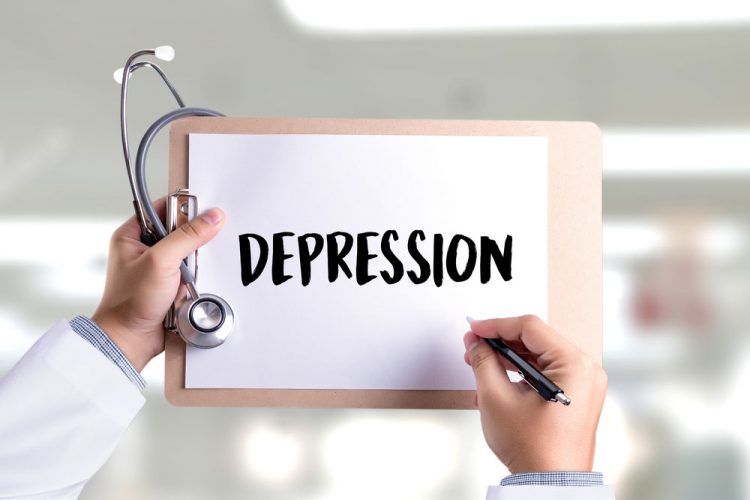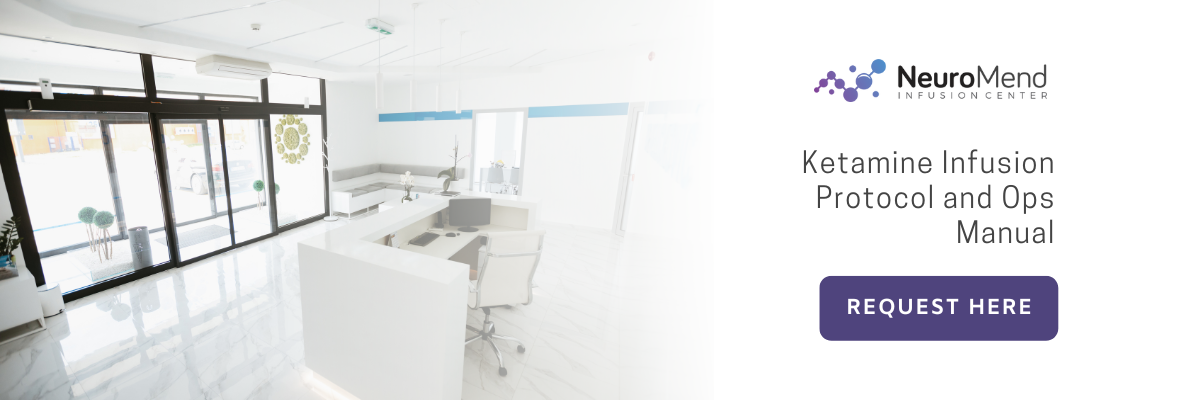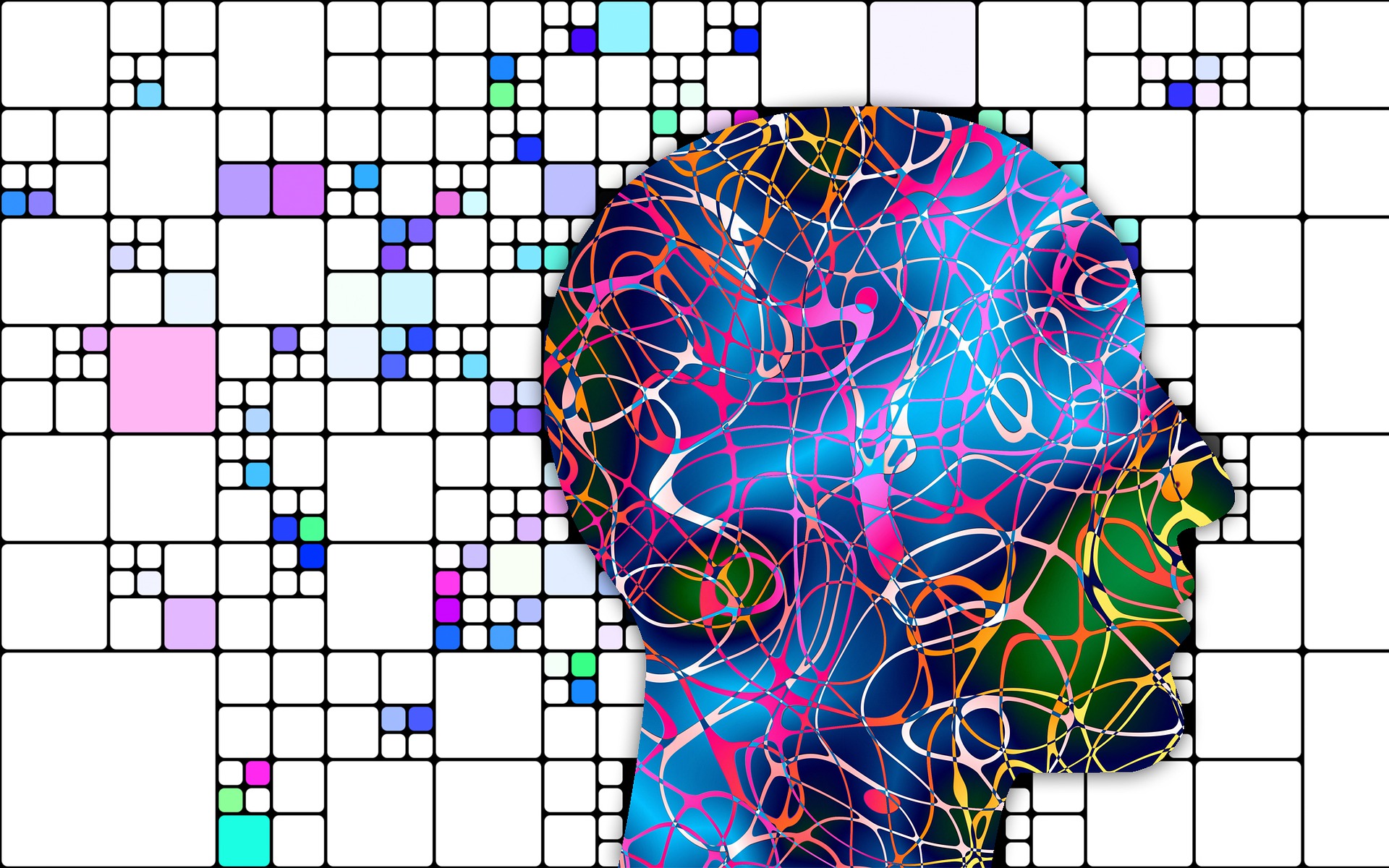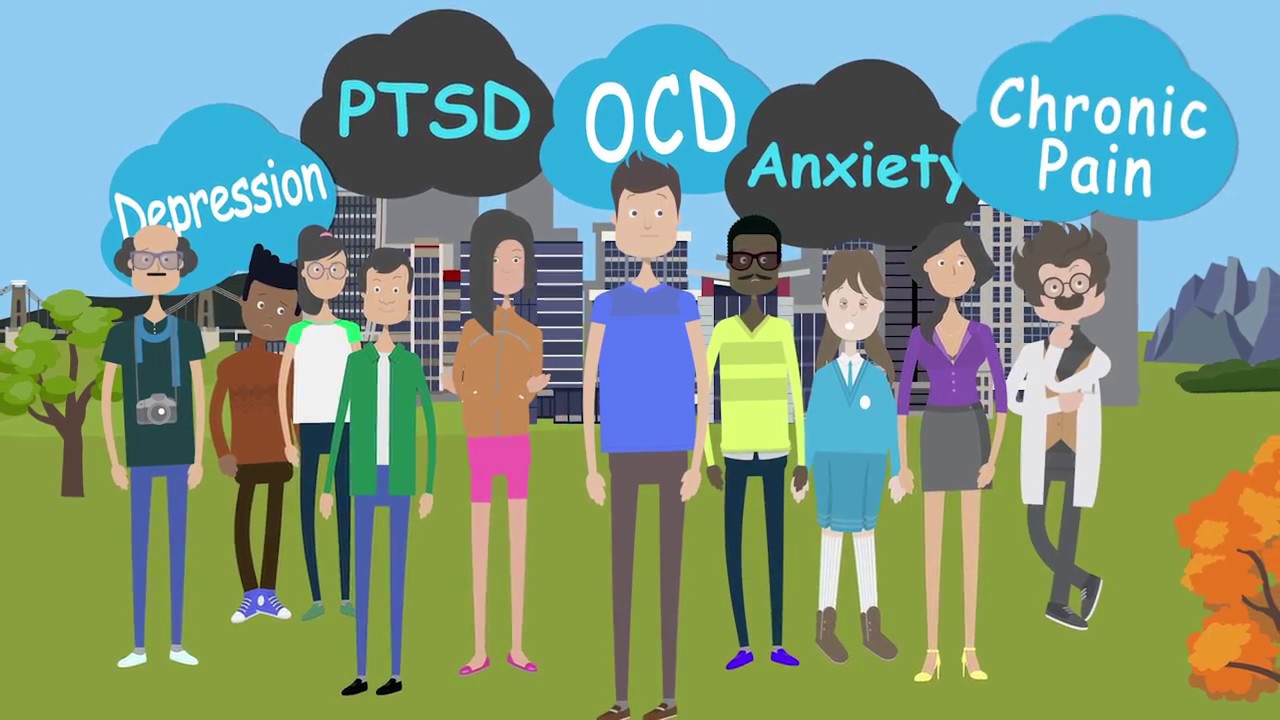
An analysis of data from the FDA Adverse Events Reporting System (FAERS) supported previous findings that ketamine could be an effective treatment for depression, researchers found.
Given financial and ethical obstacles to a large randomized controlled trial of ketamine for depressive disorders, Ruben Abagyan, PhD, of the University of California San Diego, and colleagues decided to turn to AERS data on patients taking ketamine for pain, an FDA-approved use.
They found that patients who took ketamine had significantly lower frequency of reports of depression than those taking any other drugs for pain, according to findings published in Scientific Reports.
"This reduction in depression is specific to ketamine and is known to be much more rapid than current antidepressants, making this observed effect very promising for treatment of patients with acute depressive or suicidal episodes," Abagyan and colleagues wrote.
Abagyan said in an email that the exact mechanism by which ketamine could diminish depression isn't known, but the drug "certainly has a diverse set of activities: antagonists of glutamate NMDA receptor, weak agonist of mu and kappa opioid receptors, D2 receptors, antagonism or reuptake of several neurotransmitters, blocker of calcium and sodium channels, etc."
For the study, he and his team looked at adverse event reports from 41,337 patients taking ketamine and 238,516 patients who used other drugs for pain.
In addition to finding fewer comorbid depression reports with ketamine, they also found several other drugs that "unintentionally" reduce depression -- including antibiotics and NSAIDs. They said their findings support previous work that showed minocycline, a tetracycline antibiotic, and diclofenac, an NSAID, have some antidepressant properties, which may work through an anti-inflammatory mechanism.
"The reduction of depression rates in ketamine patient records makes a case for the study of ketamine as a psychiatric drug," they concluded. "These results imply that ketamine may be further explored as a monotherapy or adjunct therapy for depression."
The study was limited by not having a full set of medical records, and because it relied on voluntary reporting of data by patients to the FAERS database. But the authors still concluded that the study "demonstrates that the therapeutic potential of ketamine can be derived from appropriate statistical analysis of existing population scale data."
Abagyan said next steps for developing ketamine as an antidepressant would include "optimization and refinement of the dosing, frequency, and modes of administration of ketamine. For example, the intra-muscular mode of administration may be sufficient and preferable. Once the main parameters are defined, a larger clinical trial needs to be conducted."
Cristina Cusin, MD, of Massachusetts General Hospital in Boston, who was not involved in the study, noted that ketamine-like compounds are in development for depression, including Janssen's Esketamine, but that no company would try to obtain approval for ketamine alone because it is generic.
ABOUT NEUROMEND INFUSION CENTER
![]() We are an Evidence-Based Center of Excellence and the leading provider of Ketamine Infusions, IV Infusions and Ketamine Consulting Services for Ketamine Clinics and IV Therapy Clinics.
We are an Evidence-Based Center of Excellence and the leading provider of Ketamine Infusions, IV Infusions and Ketamine Consulting Services for Ketamine Clinics and IV Therapy Clinics.
We Provide Effective Treatment For The Following Conditions: Major Depressive Disorders, Post-traumatic Stress Disorder (PTSD), Bipolar Depression, Obsessive Compulsive Disorder, Suicidal Ideations, Chronic Migraines, Severe Anxiety, Fibromyalgia and Chronic Pain Syndromes.











